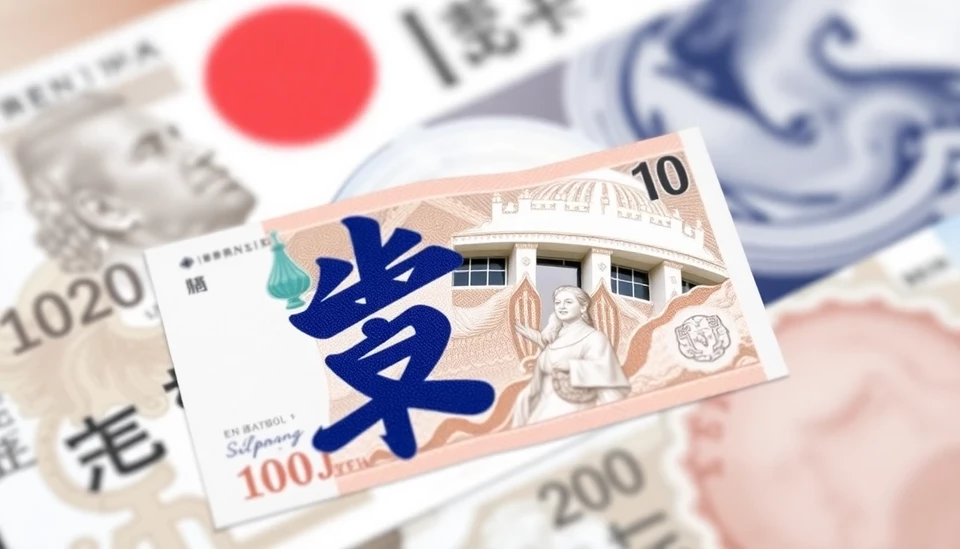
Nippon Life Insurance Co., one of Japan's largest life insurers, has announced a strategic pivot in its investment portfolio, planning to replace a significant portion of its yen-denominated bonds with more attractive alternatives. This decision comes in light of the Bank of Japan's (BoJ) anticipated policy shifts and expectations that interest rates could rise to approximately 1% in the near future.
The life insurer revealed its strategy during a recent analyst briefing where it discussed its investment outlook amid changing economic conditions. As inflationary pressures continue to mount and global interest rates fluctuate, Nippon Life is taking action to adapt to the financial landscape and optimize its returns. The insurer's Chief Investment Officer (CIO) underscored the importance of adjusting their asset allocation in response to evolving market dynamics and potential policy changes from the BoJ.
Currently, Japan has been characterized by a prolonged period of ultra-low interest rates; however, growing inflation and shifts in global monetary policies have created an environment where rate hikes are being considered. Analysts predict that the BoJ's next meeting might yield decisions that could lead to increased rates, with expectations that the benchmark rate might reach the 1% mark. Such a shift would likely have significant implications for government bond yields.
Nippon Life's decision to increase its holdings in yen bonds suggests a proactive stance to capitalize on these predicted changes in interest rates. The management expressed confidence in being able to navigate the transition effectively while safeguarding the interests of their policyholders and investors.
Moreover, the insurer indicated potential diversification strategies, which may involve integrating more riskier assets into their portfolio, such as equities and foreign bonds. This diversification could yield higher returns, helping to offset the low-interest environment traditionally associated with Japanese government bonds.
Nippon Life's proactive measures highlight broader trends in the financial services sector as institutions adapt to potential monetary policy shifts. As the world contends with inflation and variable economic conditions, companies are reassessing their investment strategies to remain competitive and secure financial stability.
Investors are keeping a close watch on how Nippon Life and other similar institutions will respond to the changing financial landscape and what impacts these decisions will have on the overall Japanese economy.
As the situation develops, it will be interesting to see how these anticipated rate changes from the BoJ will influence market behavior and investment approaches across the board. The shift in Nippon Life’s investment strategy reflects the larger narrative of adaptation and resilience in a changing economic environment.
In conclusion, Nippon Life's intent to replace yen bonds amidst expected rate hikes signifies a pivotal moment in Japanese finance. Stakeholders across the industry are poised to observe the outcomes of these strategies as the BoJ moves closer to altering its historic monetary stance.
#NipponLife #BankofJapan #YenBonds #InterestRates #InvestmentStrategy #EconomicTrends #FinanceNews
Author: Samuel Brooks




